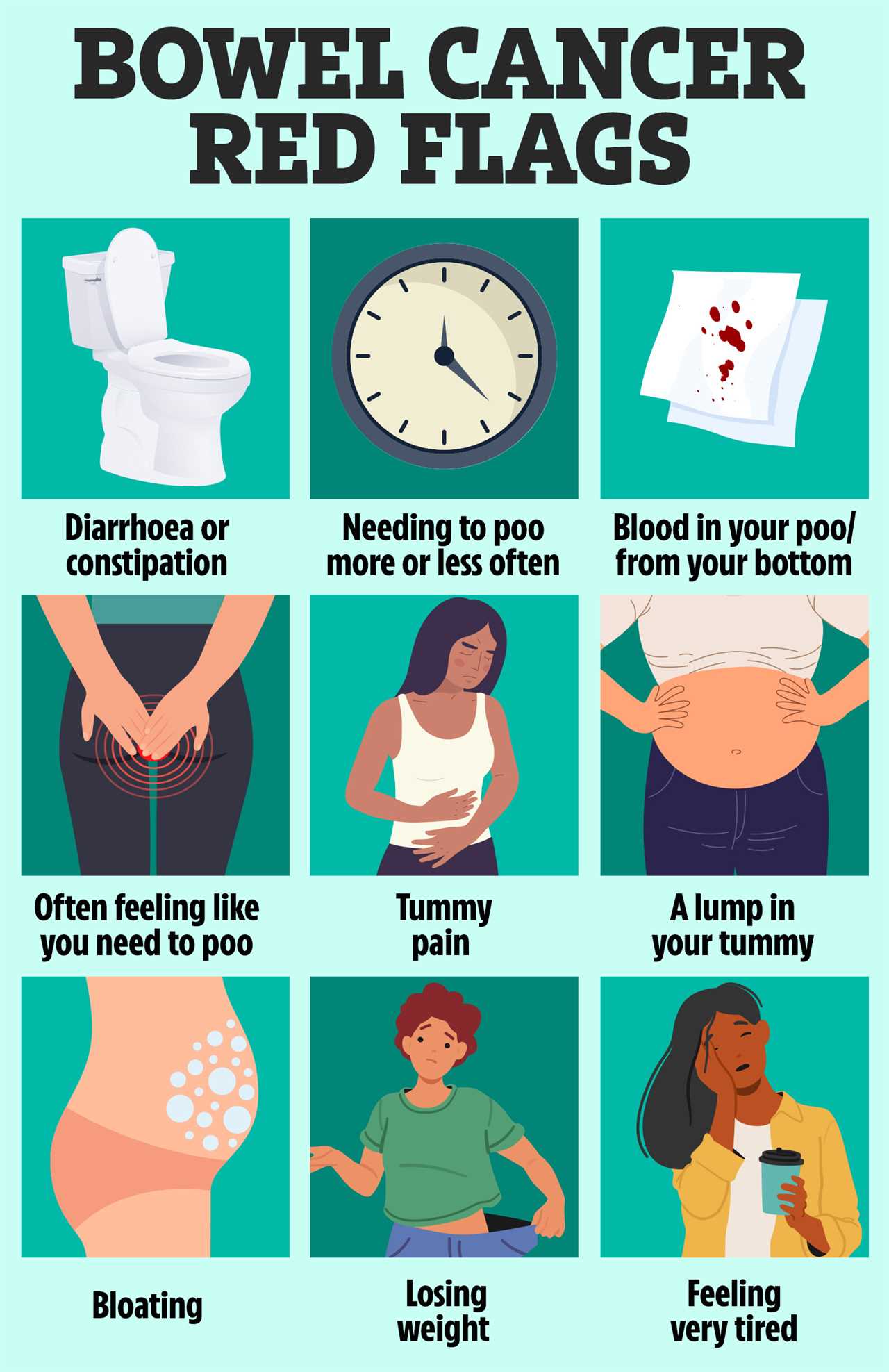
Unhealthy Western Diet and Bowel Cancer
Poor diet is significantly linked to the growth and progression of bowel cancer, according to new research. Scientists in the US have found a potential connection between the Western diet, characterized by ultra-processed foods and unhealthy oils, and the chronic inflammation that leads to the development of tumors. Ultra-processed foods are typically high in added sugar, fat, and salt, while being low in protein and fiber. Examples include ham, sausages, burgers, ice cream, crisps, and mass-produced bread.
Impact of Bowel Cancer in the UK and US
Bowel cancer, also known as colon cancer, is now the third most common cancer in the UK, with over 41,000 Brits diagnosed in 2021. It remains the second deadliest cancer in the UK, claiming around 16,000 lives each year. Similarly, in the US, it is the second leading cause of cancer-related deaths. However, the survival rate is high when diagnosed early, with nine in 10 patients surviving if caught at the earliest stage.
Call for Earlier Testing and Treatments
The No Time 2 Lose campaign led by Dame Deborah James aims to improve survival rates in Britain by advocating for earlier testing and treatments for bowel cancer. Previous studies have suggested that popular junk food diets could be contributing to the rise in cases.
Impact of Processed Foods on Inflammation
Researchers at the University of South Florida and Tampa General Hospital Cancer Institute have made significant progress in understanding bowel cancer. They found that processed foods hinder the body's natural healing processes and may fuel the development of bowel cancer. Dr. Timothy Yeatman emphasized the need to re-evaluate the Western diet, which is often high in added sugars, saturated fats, and ultra-processed foods.

New Approach: Resolution Medicine
Studies have shown that an imbalanced diet plays a role in various diseases, including Alzheimer's, diabetes, and cardiovascular conditions. Professor Ganesh Halade introduced the concept of "resolution medicine," focusing on restoring balance in the patient's diet to treat bowel cancer effectively. This approach involves incorporating healthy, unprocessed foods rich in omega-3 fatty acids and specialized pro-resolving mediators to combat inflammation and promote healing.
Potential for Revolutionizing Cancer Treatment
Dr. Yeatman highlighted the potential of resolution medicine to revolutionize cancer treatment by harnessing natural healing processes through a balanced diet, sleep, and exercise. Early trials using specialized derivatives of fish oil have shown promise in addressing inflammation at its root cause. The research team is continuing to study resolution medicine's impact on patient treatment and disease prevention.






